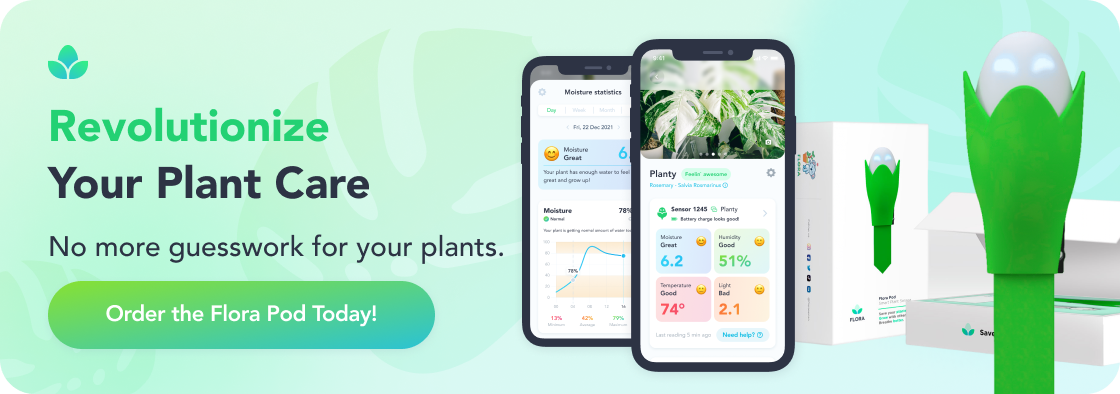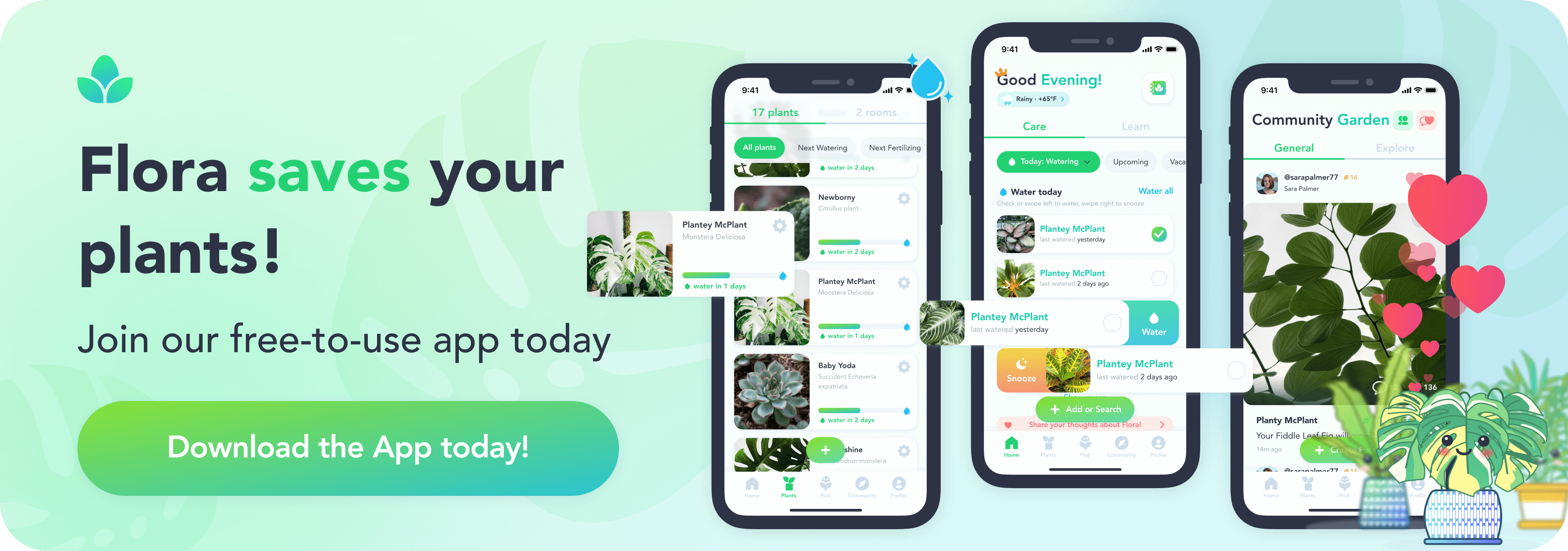Are Poinsettias Poisonous? Separating Fact from Fiction

Poinsettias, the quintessential holiday plant with its vibrant red leaves, often come with a longstanding question: "Are poinsettias poisonous?" This concern particularly arises for pet owners who worry about the safety of their cats and dogs. In this blog, we'll unravel the truth behind this myth and provide essential information for pet owners.
Understanding the Myth About Poinsettias
The myth surrounding the lethality of poinsettias has persisted for decades, originating from a 1919 urban legend where a child was rumored to have died from consuming a poinsettia leaf. This story has since been proven to be unfounded. Scientific studies and clinical evidence over the years have debunked this myth, showing that while poinsettias are not completely harmless, they are far from being deadly.
The Truth About Poinsettias and Toxicity

Low Toxicity in Humans: Research indicates that poinsettias are not as harmful as often believed. The sap of the poinsettia plant contains compounds known as diterpenoid euphorbol esters, which can cause irritation but are generally not life-threatening. Ingestion might lead to mild irritation in the mouth and stomach, possibly causing nausea or vomiting, but it's unlikely to cause severe harm.
Poinsettias and Pets: Regarding pets, the question often is: Are poinsettias poisonous to cats and dogs? The American Society for the Prevention of Cruelty to Animals (ASPCA) lists poinsettias as mildly toxic to cats and dogs. If ingested, it may cause mild irritation to the mouth and stomach, with occasional cases of vomiting or diarrhea.
Are Poinsettias Poisonous to Cats?
When it comes to cats, poinsettias are often a topic of concern among pet owners during the holiday season. Here's what cat owners need to know:
Mild Toxicity: Poinsettias are classified as mildly toxic to cats. The white sap in the plant contains compounds like diterpenoid euphorbol esters that can cause irritation if ingested.
Symptoms of Ingestion: If a cat ingests part of a poinsettia, symptoms may include drooling, licking lips, vomiting, or diarrhea. The cat may also exhibit signs of oral irritation like pawing at the mouth.
Risk Level: While these symptoms can be unpleasant, they are typically not severe. Serious complications or fatalities from poinsettia ingestion in cats are extremely rare.
Preventive Measures: To prevent any risk, keep poinsettias out of reach of cats. Cats are naturally curious and may be tempted to chew on plants.
What to Do If Ingestion Occurs: If you suspect your cat has ingested poinsettia, monitor for symptoms and provide fresh water to ease irritation. Contact your veterinarian if you observe significant discomfort or persistent symptoms.
Are Poinsettias Poisonous to Dogs?
Dog owners also express concerns regarding the safety of poinsettias. Here's what they should know:
Mild Toxicity: Similar to cats, poinsettias are mildly toxic to dogs. The plant's sap can cause gastrointestinal upset if ingested.
Symptoms in Dogs: Symptoms may include vomiting, drooling, or sometimes, diarrhea. Dogs might also show signs of nausea, such as lip smacking or increased drooling.
Severity: In most cases, the toxicity level is considered mild. It is unlikely for a dog to experience severe poisoning from eating poinsettias, but discomfort can occur.
Keeping Dogs Safe: Place poinsettias in areas where dogs cannot reach them, especially if your dog has a tendency to chew on plants.
Response to Ingestion: If your dog eats part of a poinsettia, provide plenty of water and watch for signs of distress. Consult your veterinarian if symptoms are more than mild or if you have concerns.
Handling Poinsettias Safely
While poinsettias are not as dangerous as once believed, it's still important to handle them responsibly, particularly around children and pets:
Keeping Plants Out of Reach: Place poinsettias where young children and pets cannot easily access them. High shelves or isolated rooms can be good options.
Teaching Awareness: Educate family members, especially children, about the importance of not ingesting plant parts.
Monitoring for Ingestion: If you suspect that a child or pet has ingested part of a poinsettia, observe them for any signs of discomfort. Consult a healthcare professional or veterinarian if symptoms develop.
Minimizing Risks with Poinsettias in Your Home
To safely enjoy poinsettias in your home:
Strategic Placement: Position poinsettias in areas that are inaccessible to pets and children to prevent accidental ingestion.
Awareness and Education: Inform all household members about the potential irritation caused by the plant, emphasizing not to eat any part of it.
Response to Ingestion: In cases where ingestion occurs, closely monitor the individual or pet for any adverse reactions. Contact a medical or veterinary professional if you notice symptoms of distress.
So, are poinsettias poisonous? The answer is that while they are not entirely harmless, they are certainly not the deadly plants they were once rumored to be. With sensible precautions, poinsettias can be safely enjoyed for their beauty during the holiday season. Remember, being informed and vigilant is key to keeping both your beloved plants and loved ones safe.
Fern's Leafy Learnings
Poinsettias have a longstanding myth of being deadly, but they are actually low in toxicity.
For pets, poinsettias are mildly toxic and can cause mild stomach upset if ingested.
Keeping poinsettias out of reach from children and pets is a wise precaution.
In case of ingestion, monitor for discomfort and seek professional advice.
With proper care and awareness, poinsettias can be a safe and festive addition to holiday decor.
Embark on a flourishing journey with plants that aren’t just decor, but companions.
At Flora, we not only bring you a vibrant selection of locally sourced, rare, and delightful plants, but we also serve as your continuous guide in your plant parenting voyage, ensuring every leaf in your sanctuary thrives. With our Flora Pod™ technology and a nurturing community of over 250,000 plant lovers, we cultivate a space where every plant parent - novice or expert - can blossom.
We propagate with a commitment to sustainability, connection, and ceaseless growth, fostering a community where each member, and their plants, are cherished and nurtured.
Crave a lush, thriving green space? Adopt a plant from Flora today!
Flora Pod™ is featured on Shark Tank!

5 Signs Your Houseplant Needs Repotting Now
Mar 02, 2026
6 Anthurium Benefits You Didn't Know About
Mar 02, 2026

How to Prune Your Houseplants Before Spring Growth Season
Mar 02, 2026

10 Best Houseplants for Spring Repotting Success
Mar 02, 2026

Can ZZ Plants Survive in Low Light Conditions?
Mar 02, 2026

5 Critical Pre-Spring Pruning Tips for Houseplants
Mar 02, 2026

Can Succulents Survive Winter Outdoors in Your Climate Zone?
Mar 02, 2026

Which Houseplants Are Toxic to Cats and Should You Avoid Them?
Mar 02, 2026





